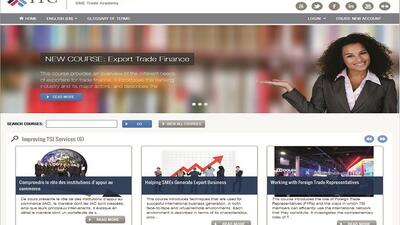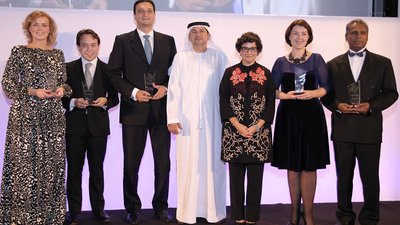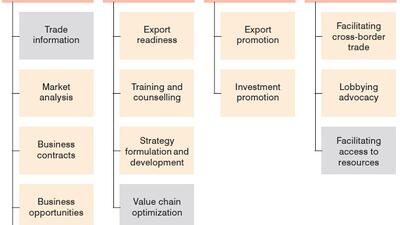Best practices for trade promotion
This is a daunting task made more difficult by budget reductions resulting from a world economy experiencing sluggish growth and declining world trade volumes. These issues were inherent to discussions during the ninth TPO Network World Conference and Awards that was held in Malaysia in October.
The focus of discussions at the event, which hosted 200 delegates from over 60 countries, was on how TPOs and trade support institutions can innovate and share best practices to enhance deliverables, generate better outcomes from implemented programmes and remain relevant to clients and stakeholders. One major concern raised during the conference is the ability of TPOs to measure their performance and pit themselves against counterparts in other countries. A solution to this problem is the ITC Benchmarking Programme, which provides a platform on which TPOs can evaluate themselves against best practices, allowing them to identify and improve on areas of weakness. During the conference, the findings of the Benchmarking pilot project that was introduced in 2011 were described by TPOs. Key areas identified in the pilot project for improvement include internal communications, interactions and engagements with stakeholders and strategic partners, and effective measurement of outcomes. In terms of strengths, the project report highlights strong competencies in the area of accountability and governance.
Another discussion revolved around the identification and capitalization of niche markets. Although institutional politics may play a role in deciding TPO client portfolios, evidence shows that promoting niche sectors can bring about desirable outcomes. For example, in Bangladesh business is being generated by young people who are information and communications technology savvy using online crowd sourcing; and in Malaysia new markets are being created through the development and promotion of the halal industry.
The ability to respond to crises in a quick and efficient manner was also considered at the conference. Ideally, TPOs should prepare and adopt contingency plans, be allowed to respond without the impediment of lengthy bureaucratic processes, and maintain contacts with clients and stakeholders during times of crisis. Discussions were also held on the promotion of green products, where it was generally agreed that political will is necessary for green industries to grow organically, and that setting green standards is a more viable and sustainable solution for green growth than state intervention.
Transformation in Malaysia
Malaysia is undergoing an economic transformation programme that includes government initiatives designed to turn the country into a developed nation by 2020. The country’s New Economic Model aims to promote growth, innovation and inclusiveness, and encompasses 12 national key economic areas that are consequential to Malaysia’s economic development. MATRADE, Malaysia’s national trade promotion agency, has realigned its organizational structure and key performance indicators to support the government’s agenda.
In 2011, MATRADE undertook a corporate restructuring exercise that would make it a more industry focused organization. The new structure allows resources and activities to be channelled into industries that will generate high-value exports in line with the economic transformation programme. MATRADE also rolled out a five-year business strategic plan aimed at improving core business areas and operational processes by identifying measures to address weaknesses.
An information and communications technology strategic plan was developed alongside the business strategic plan with a view to leveraging technology MATRADE has access to and introducing innovative products and solutions. In 2012, the MATRADE Mobile App was introduced, allowing clients to use mobile phones to access trade leads, market alerts, market studies, trade statistics and a list of events. Another innovative initiative is the circulation of MATRADE’s What’s New publication, which incorporates innovative products developed by Malaysian companies and introduces them, via an electronic newsletter and printed magazine, to potential buyers overseas and domestic export companies, including international procurement centres in Malaysia. While these initiatives support Malaysia’s economic transformation, they also play into MATRADE’s end goal of becoming a credible, client centric and value creating trade promotion organization.








